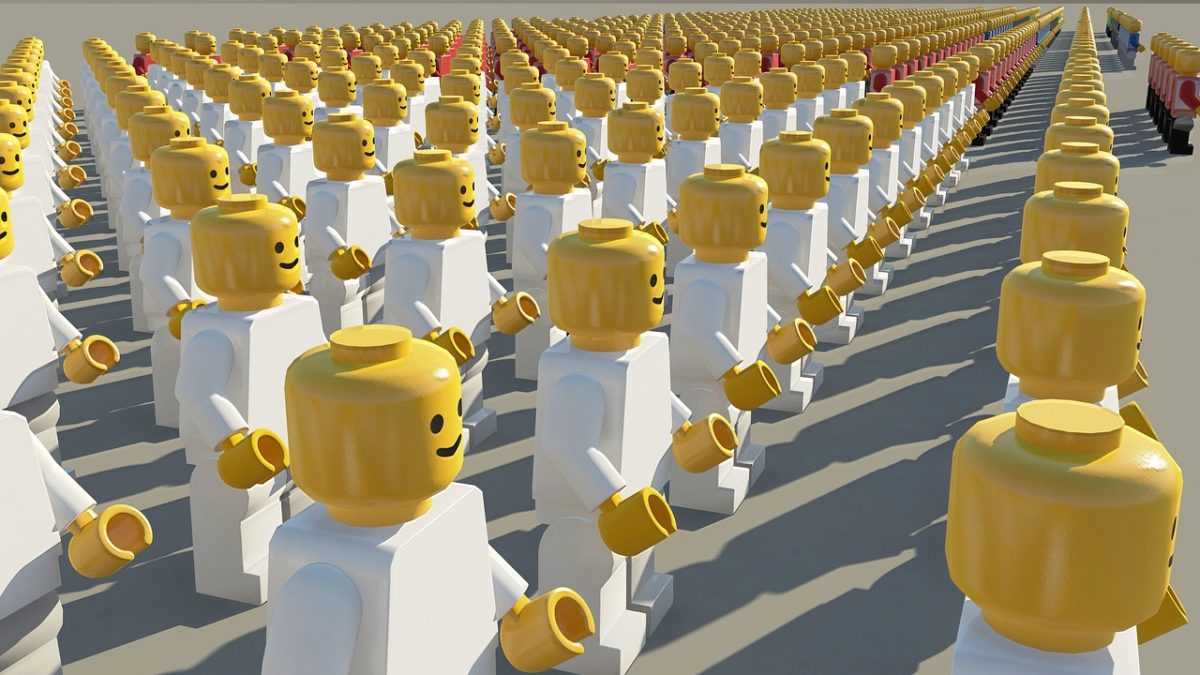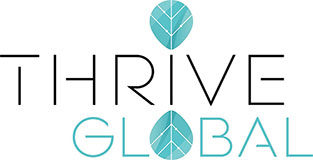
Think You Don’t Have A Choice? Think Again.
MichaelSunnarborg / February 06, 2017 Article, Image, Link / Leave a Comment
With the recent changes in political and social climates in the past few months, many of us might feel that our choices are being reduced. Are they?
Instead of being restricted, perhaps our choices are being clarified. After all, when the contrast of what is not wanted is brought into the light, there’s a swift movement into clarity of what is wanted.
That is the role of constant change.
But isn’t that what life is about: Questioning? Answering? Deciding? And when we are faced with contrasting choices, isn’t that the opportunity to choose again? Indeed. By following our thoughts, feelings, and intuition, we are constantly choosing what to focus on in each moment, whether we realize it or not.
Ignorance is no excuse. There will always be new ideas, new perspectives, and new challenges testing our willingness to grow. Change causes a natural resistance, or fear, within us, and fear triggers a natural reaction in its most primal form—fight or flight—the brain’s response to a perceived threat.
While the brain’s responses to fear are automatic and natural, our intellectual response to fear is a choice. Responding to the fear of change with anger, violence, or hatred is a chosen response. So is responding with compassion, peace, and understanding.
So which do we choose?
We are human; therefore, we are able to step back and choose how to respond to our fear—we are response-able. When we become fully aware of our power to choose our responses, we begin living consciously.
Reacting is natural—responding is thoughtful.
Everything we think, say, and do matters. We choose how to respond to every situation, thought, and feeling in every moment.
If we think that choices don’t matter that much, we need to think again. Consider the consequences of texting while driving. We’ve seen the life-altering ramifications of that decision. Our choices may have significant ripple effects on the world around us.
Need some tips for responding rather than reacting? Here are some suggestions to harness our power of choice:
Educate yourself. It’s easy to assume that we know the facts about a given situation, when often we could be following misinformation or opinions. Before we start spreading stories, choose to spend time educating yourself about the facts—including the sources of information—before forming your own conclusions and teaching them to others. In a time where social media can make anyone an armchair journalist, media outlets can be a source of tremendous facts or fiction. Learn to spot the difference.
Embrace ambiguity. Creating a higher tolerance for “not knowing”—especially during times of uncertainty—is a valuable critical thinking skill that each of us has the power to strengthen. This skill requires that we release our previous assumptions (known) and allow ourselves to be receptive to new information (unknown). Choosing to be open to the unknown creates space for new ideas to be born while adding momentum to new solutions.
Consider your options. There are many ways to achieve the same result. For some, expressing their feelings by speaking out in large crowds feels best; while for others, discussions in small groups feels better. Our voices are important and need to be heard, so deciding how we communicate our perspective is a powerful choice. Even when we are adamantly opposed to shouting against war, we can choose to be a softer voice for peace.
Pick your battles. I remember a colleague once telling me, “That’s not the hill I want to die on.” When we take up a cause and carry a torch, we focus all our energy and passions towards it. But attempting to fuel too many fires at once can drain our tanks. Choosing wisely by focusing our attention on what is closest to our hearts creates an opportunity to be more aligned with our core values and long-term goals. Not everyone has the same passions.
Be the peace. The most powerful choice we can make is to be the best example of what we seek to create. We have the power to change the world by changing ourselves. The effects of our attitudes, actions, and words will always be more powerful than we know. And when we start remembering that we are all creating the world in which we live through each word and deed, we might start taking ourselves—and our actions—more seriously.
Michael Thomas Sunnarborg helps people maintain balance through transitions in work, relationships, and life. Find more at michaelsunnarborg.com
Image: Pixabay free images




Thank you for this post and for the specific actions to take to pause and reflect before acting. I like the concept of being response-able and embracing ambiguity.
It is very rational and timely and yet also thoughtfully acknowledges the power of our feelings and emotions and all that makes us human.
You’re welcome, Maureen. I appreciate the insightful feedback!